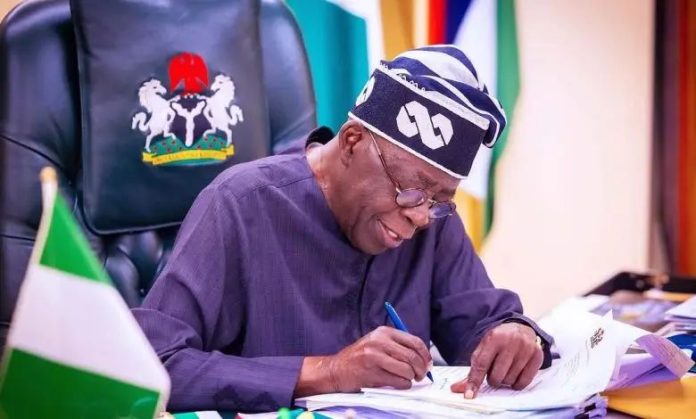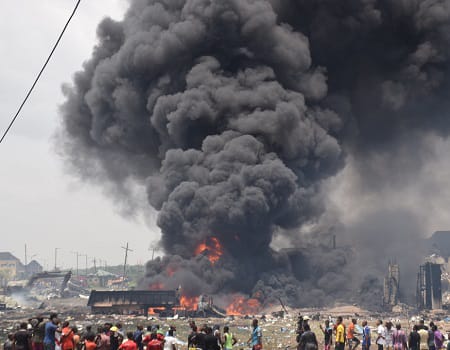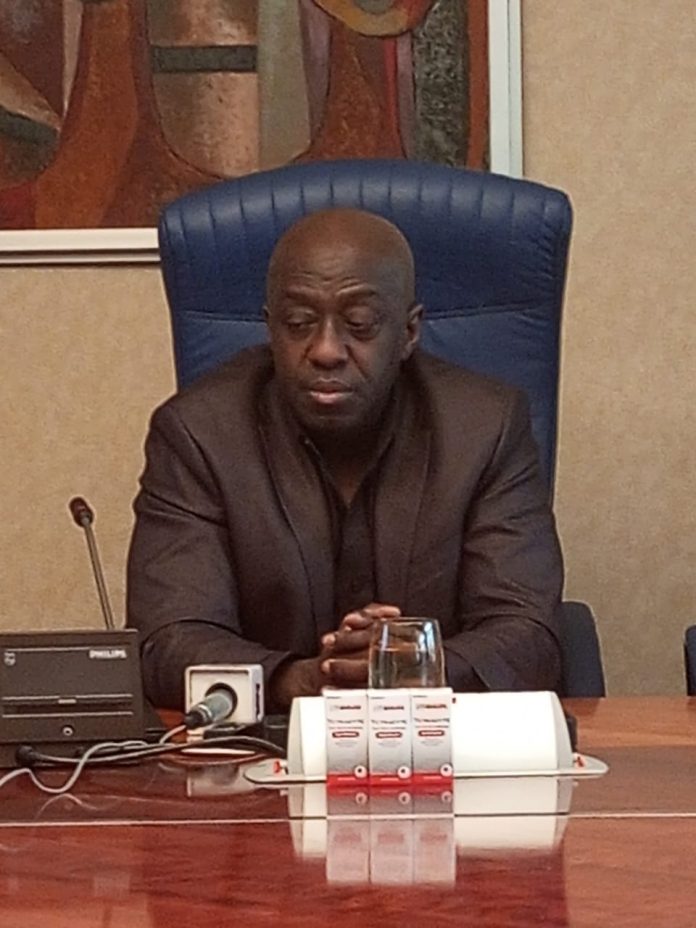The Supreme Court has affirmed the election victory of Sheriff Oborevwori as governor of Delta state, upholding the prior judgment of the Court of Appeal. The Independent National Electoral Commission had declared Oborevwori, the Peoples Democratic Party (PDP) candidate, winner of the governorship election held on March 18, 2023.
Challenging the outcome, Ovie Omo-Agege of the All Progressives Congress (APC), Ken Pela of the Labour Party (LP), and Kenneth Gbagi of the Social Democratic Party (SDP) filed separate petitions before the governorship tribunal. The Delta State Governorship Election Petition Tribunal and the Court of Appeal had previously upheld Oborevwori’s victory.
Unsatisfied with the dismissal of the petition, Omo-Agege and the APC appealed to the Supreme Court, arguing that the election did not comply substantially with the Electoral Act. Omo-Agege contended that the results were not properly recorded at some polling units, and the forms with recorded results lacked serial numbers.
However, a 5-man panel of the Supreme Court, led by Justice Inyang Okoro, dismissed the appeal, deeming it lacking in merit and incompetent. The court held that there was substantial compliance with the provisions of the Electoral Act.
“The appeal lacks merit, and the concurrent findings of the two lower courts are hereby affirmed. The appeal is hereby dismissed. Parties are to bear their respective costs,” Justice Okoro stated in a unanimous decision. This ruling solidifies Sheriff Oborevwori’s position as the affirmed governor of Delta state.










